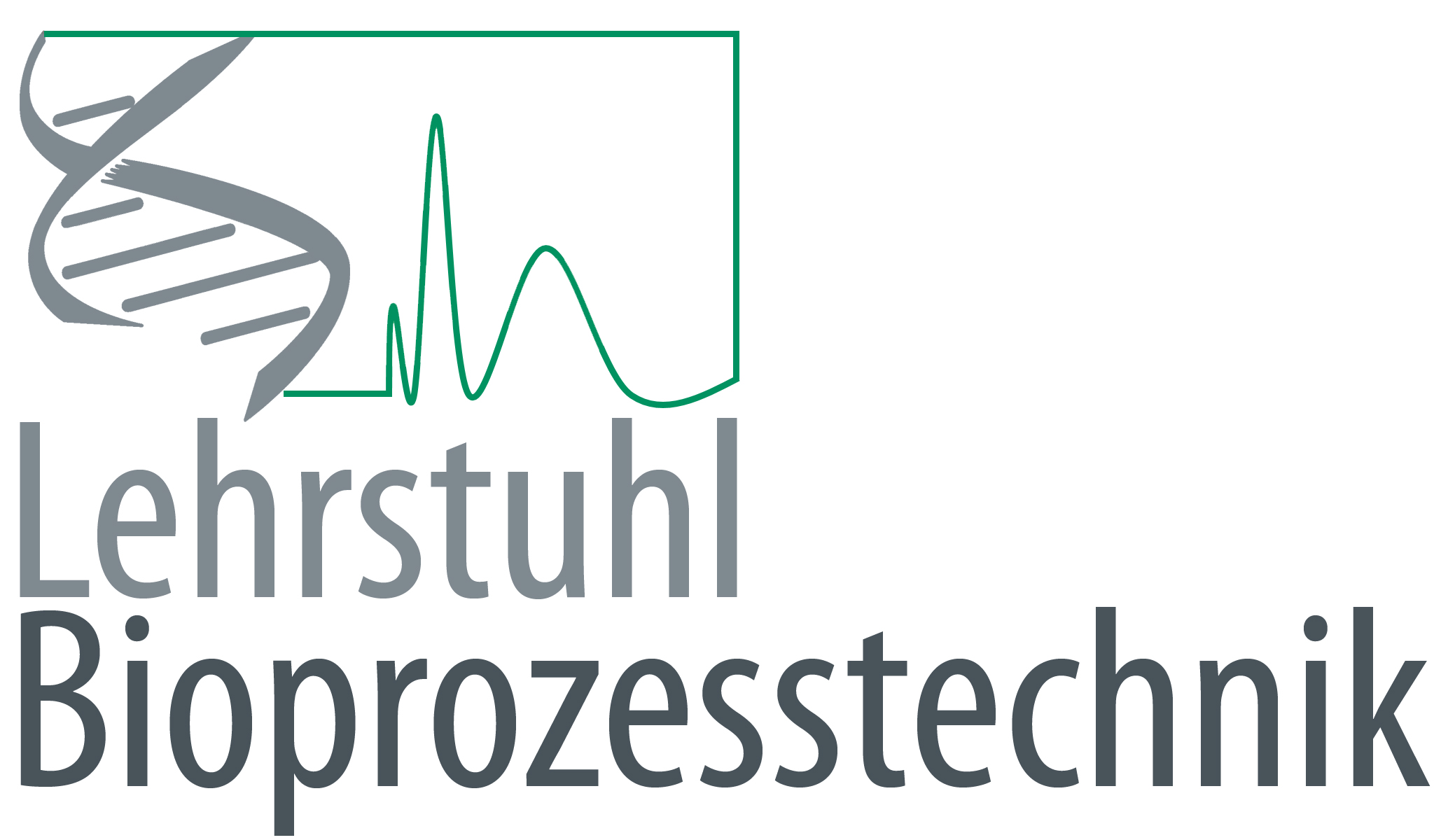News
Neuer Artikel: Flexible feeding in anaerobic digestion – Impact on process stability, performance and microbial community structures
Forschung, 17.11.20
Biogas has the potential to contribute to some of the most urgent issues of the energy transition, including mobility, energy storage, and grid stability. Flexibilization has been discussed as a means to improve the economics of biogas production, ideally restricting the production of electricity to times of strong need. Here the possibility of demand-driven, flexible biogas production is investigated, which saves substrates and storage capacity, while still enabling control over the production of electricity. Effects of different flexible feeding regimes were tested in a continuously operated 200 L reactor. After a period of 300 days under steady conditions (6.4 kg feed m−3d−1), varying flexible feeding patterns were applied over the next 700 days. Biogas production, volatile organic acid concentrations, and microbial dynamics were documented. Reduction of feeding resulted in reducing the gas production by up to 80% within a day. By increasing the feed, gas production could rapidly be reinitiated at similar levels as before even after fasting periods of up to 22 days. CH4-contents of the produced biogas were nearly constant over the investigation period. As a response to the flexible feeding, a reorganization of the microbial community was observed, which came to an end after 800 days and then was no longer affected by further changes in the feeding patterns or the substrate composition. Dominating archaea were of the order Methanosarcinales. During the experiment, representatives from the class Methanosaetaceae replaced representatives from the class Methanosarcinaceae.
Den vollständigen Artikel finden Sie hier: https://doi.org/10.1016/j.anaerobe.2020.102297

